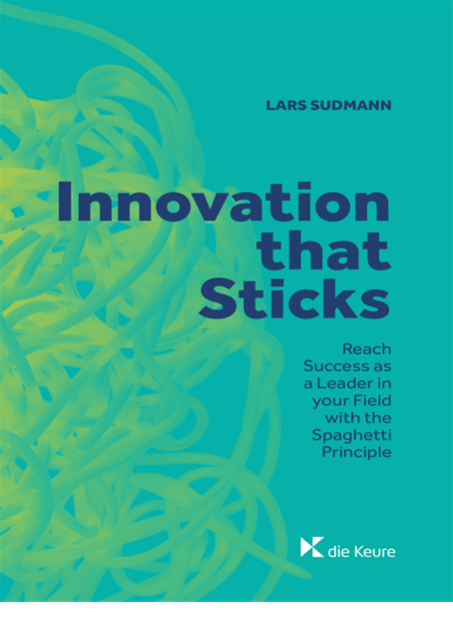Quickly: What kills more people in the world: sharks or coconuts?
According to University of Florida’s George Burgess there are roughly 10-15 people killed by sharks worldwide per annum, and roughly 100-150 deaths by coconuts falling on people standing below them, although of course estimates vary as this is not exactly a globally tracked metric.
What would you have guessed? If you’re like most people my guess is that you would probably have overestimated the impact of sharks and potentially neglected the impact of the seemingly harmless coconuts.
Why is it that we tend to overestimate the impact of sharks?
On top being impressive animals that invoke natural instincts most likely it is because sharks get all the media attention. Since the movie “Jaws” we are addicted to sharks.
And aren’t they all over the news? From all over the globe every small and large shark incident is being posted, with big visuals, 24/7 so it feels very close.
Sharks get all the attention and we then assume it’s more likely that a shark also affects us. But this just isn’t so. And here lies the problem.
This became very evident during the recent Ebola outbreak. While of course the outbreak was horrible, it was also an example for a “shark”, especially in Europe.
There was an interesting hypothetical conversation circulating the Internet a couple of months ago:
Scientists say: “DO NOT panic about Ebola in the developed world”
And people go: “AAAAAHHHHHH”
Scientists say: “DO panic about heart disease”
People go: “Ah well, pass me that cream cheese cake”
Now, heart disease is a true # 1 killer disease. Mosquitos are the true # 1 killer animals. And yet, it is the extremes that keep getting our attention.
The question of course is: What are the “sharks” in your organization? Do you focus on something that gets all the buzz, all the media attention?
Disruption!! Technology!! Self-driving cars!! The crisis!!
All of above are important and may disrupt your industry, but maybe “coconuts” like your current cash flow situation because of non-paying customers might be even more important currently. Or, for example, a focus on what is right and what is wrong (hello, VW).
I believe a leader’s role is to overcome the panic and bring realism and rationality back to the table. To cut through the hype and focus on the real problems at hand.
What can you do?
- Always look for the big picture: this is a technique called reframing. Ask questions like: What will the impact of this be in 10 weeks, 10 months, 10 years? Can we re-phrase the question? And so on.
- Try to get yourself the data in-house: Where are the real “sharks”? What does the data say? How does it compare to other units/products/…? With this you leave the “tyranny of the anecdote” and enter the world of true analytics.
- Don’t watch the news: Remember, the news have to fill the program whether something happens or not. And if nothing happens, well, then it gets filled with sharks.
And for your next exotic beach vacation, remember to avoid standing under that coconut tree.
Lars Sudmann is an expert on high-performance leadership in global corporations. Contact Lars here or via info@lars-sudmann.com to discuss how he can support your organisation as a keynote speaker, workshop facilitator or change consultant.
Do you want to read further on this topic? Here is a link to my top 10 book recommendations on practical psychology and the mind.
Image credit: Shutterstock.com.





